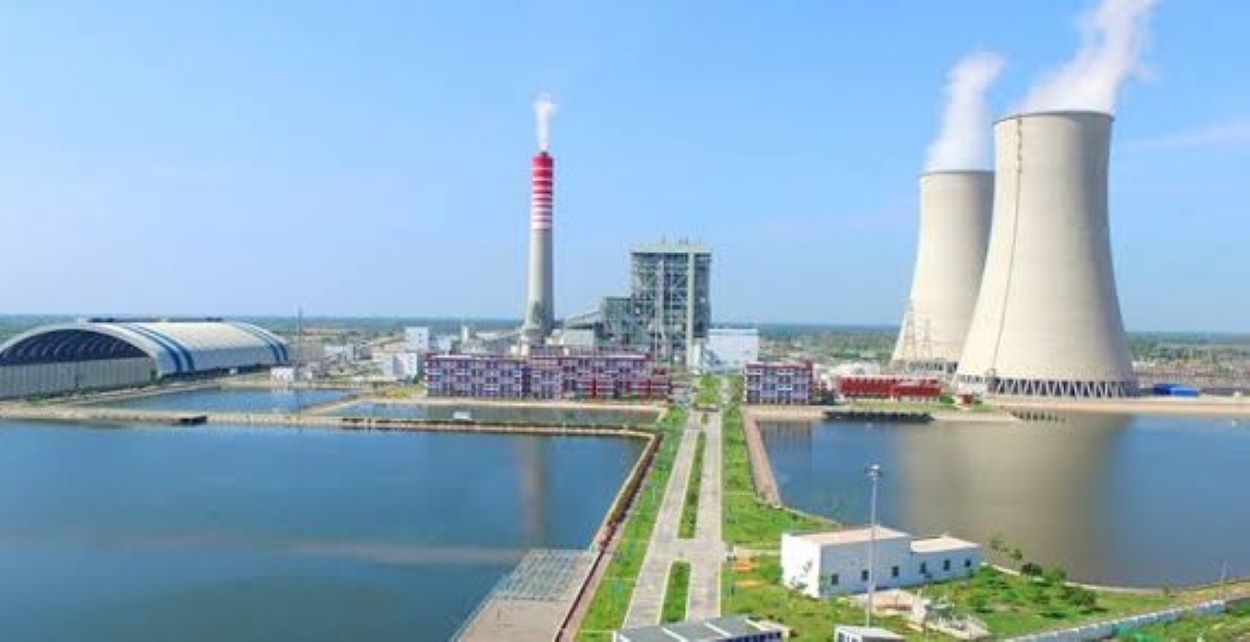The federal government has announced plans to phase out power plants that run on furnace oil to reduce the high cost of electricity production.
As confirmed by a recent statement from the Ministry of Energy, the decision involves the retirement of power plants established under the policies of 1994 and 2002. The directive calls for relevant departments to formulate a detailed strategy for decommissioning these facilities.
According to the Ministry, this initiative targets all plants utilizing expensive furnace oil. The retirement of these plants is expected to lead to lower electricity rates nationwide.
Further details were provided during a presentation to the Senate, where the Ministry of Energy disclosed the specifics of contracts with all Independent Power Producers (IPPs) utilizing furnace oil. Collectively, these eleven IPPs have a combined capacity of 2,767 megawatts. Despite their substantial output, the cost of electricity generated by these plants is significantly higher than other sources, ranging between 31 and 44 rupees per unit.
For example, Saba Power Plant, one of the IPPs, produces electricity for 43.86 rupees per unit. Its contract expires at the end of 2029. Other plants, such as Narowal Energy Limited and Liberty Power Tech Limited, have agreements extending until 2036.
Similarly, Nishat Chunian Power Limited, Nishat Power Limited, and Atlas Power Limited will see their contracts end in 2035, each producing electricity at around 42 rupees per unit. Hubco Power Company and Kohinoor Energy, also priced at 42 rupees per unit, have contracts expiring in 2027. Meanwhile, the agreements for Lalpir Power Plant and Pak China Power Plant are set to conclude in 2028, and Attock Generation Power will operate until 2034.
This strategy reflects the government’s broader efforts to transition to more cost-effective and environmentally sustainable energy sources, aligning with global trends towards greener alternatives.






